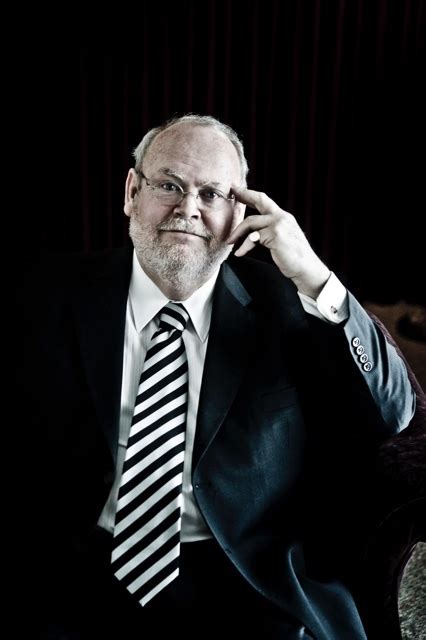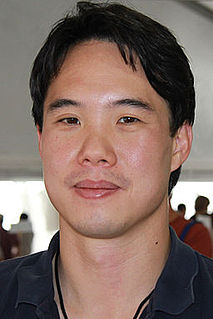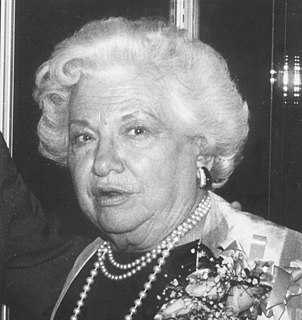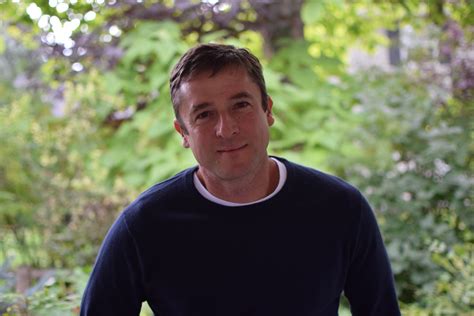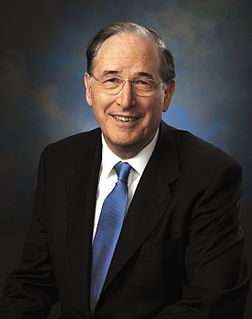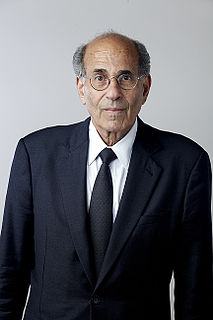A Quote by Samuel Taylor Coleridge
The juggle of sophistry consists, for the most part, in using a word in one sense in all the premises, and in another sense in the conclusion.
Related Quotes
Words are substance strange. Speak one and the air ripples into another's ears. Write one and the eye laps it up. But the sense transmutes, and the spoken word winds through the ear's labyrinth into a sense that is no longer the nerve's realm. The written word unfolds behind the eye into the world, world's image, and the imagination sees as the eye cannot see-thoughtfully.



